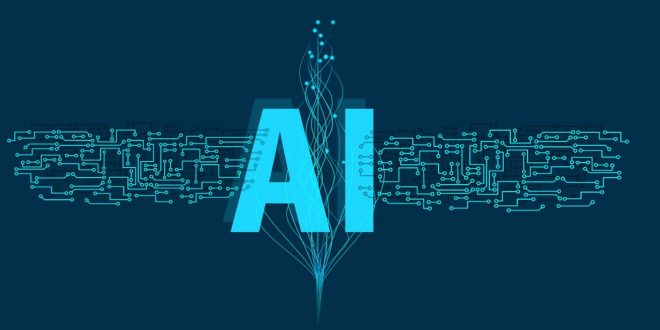Researchers report in The American Journal of Pathology that a deep-learning model trained to examine histological pictures of surgical tissues correctly categorized patients with and without Crohn’s disease recurrence.
Crohn’s disease affects more than 500,000 people in the United States, according to a study. Crohn’s disease is an incurable inflammatory bowel ailment that damages the digestive tract’s lining. It can cause digestive tract inflammation, which can result in stomach pain, severe diarrhea, exhaustion, weight loss, and malnutrition.
Many people with Crohn’s disease require surgery to treat their condition. Recurrences are common, even after a successful operation. Researchers now claim that their AI technique can accurately identify postoperative Crohn’s disease recurrence.
It also connected recurrence to mast cell infiltration and subserous fat cell histology.
By evaluating histological images with an artificial intelligence (AI) tool that simulates how people view and is trained to recognize and categorize images, the researchers developed a model that predicts postoperative Crohn’s disease recurrence with high probability[” attribute=””>accuracy. The AI technique identified previously unknown changes in adipose cells as well as substantial disparities in the degree of mast cell infiltration in the subserosa, or stomach’s outer lining when comparing patients with and without sickness recurrence. Elsevier’s The American Journal of Pathology reported the findings.
READ MORE Next Tech Magazine Get The Latest Technology Updates
Next Tech Magazine Get The Latest Technology Updates







